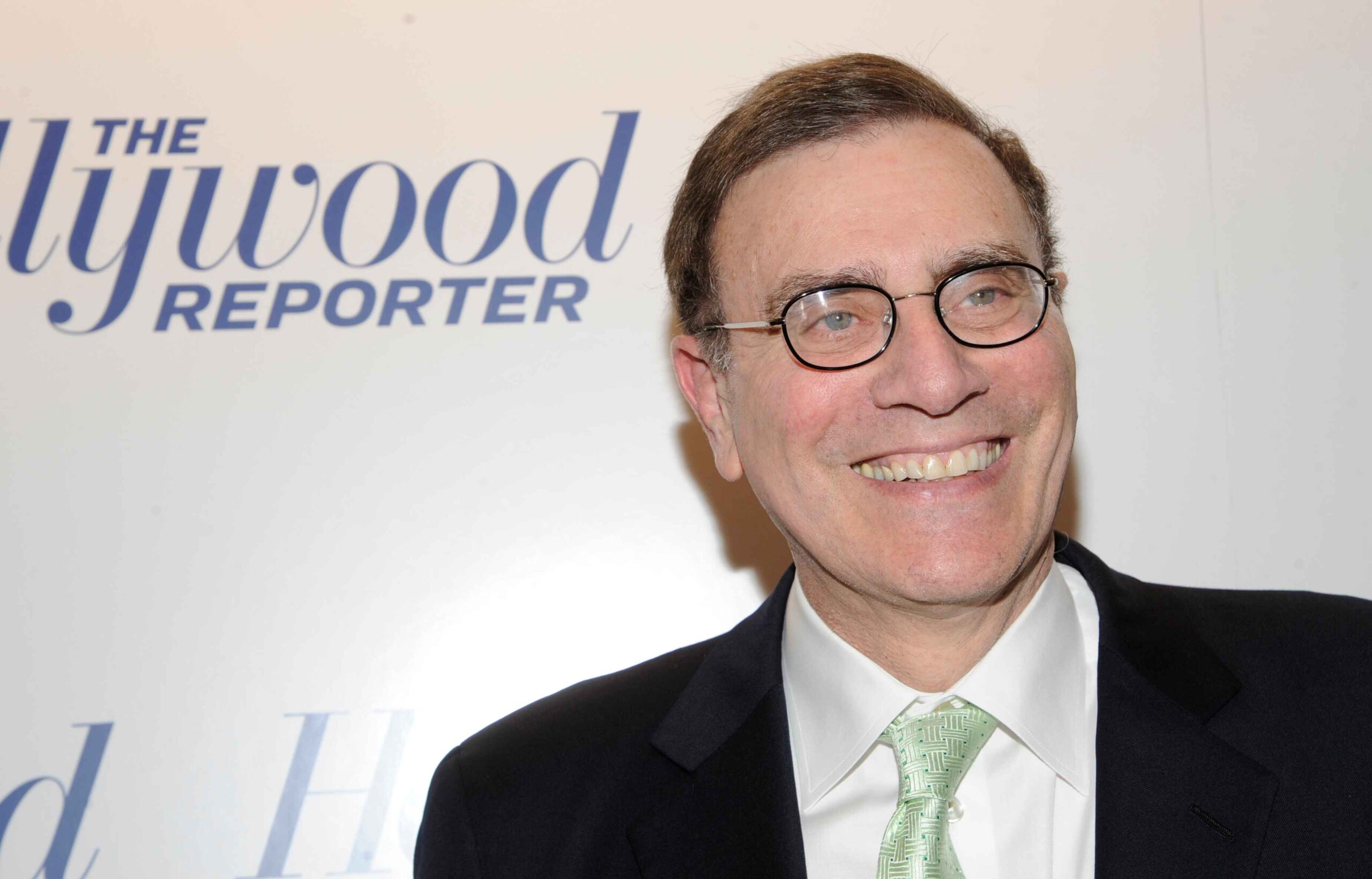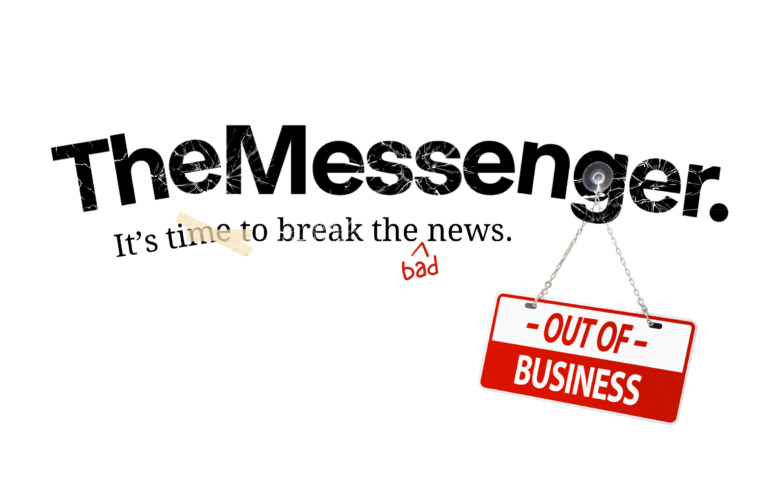Centrist news media startup The Messenger abruptly shut down on Wednesday just eight months after its launch, becoming one of the biggest busts in online news history. The once-promising outlet’s unexpected closure, which has left nearly 300 journalists and staffers out of a job, marks the latest in a series of major layoffs and cutbacks for the media industry since the beginning of the year.

When The Messenger first launched in May 2023, founder and CEO Jimmy Finkelstein boasted about the almost limitless potential of his $50 million online news venture, comparing it to the classic journalism of “60 Minutes” and Vanity Fair. Finklestein described how he had become disillusioned with mainstream reporting from outlets like CNN and Fox News, taking particular issue with the inconsistent and partisan coverage of the January 6th Capitol riot and the crisis at the southern border.
With the help of former magazine executive Richard Beckman, who served as The Messenger’s president, Finklestein poached a staff of nearly 300 people from top-ranked publications like Politico, Reuters, and the Associated Press, and had plans for a staff of 550 within the first year. This would have put The Messenger on equal footing with established outlets like the Los Angeles Times.
Learn the benefits of becoming a Valuetainment Member and subscribe today!
But while Finklestein anticipated that the publication would easily earn back the initial $50 million investment in under a year, the company began hemorrhaging money almost immediately after launch. Editors and executives—including Beckman—resigned or quit in quick succession, and by the end of the year, The Messenger had generated only $3 million, had $1.8 million in cash on hand, and was spending $8 million on office space in three different states.
In total, $43 million had been lost by the end of 2023. More than two dozen employees were laid off in early January, but the losses continued.
Finklestein had reportedly spent weeks scrambling to secure a new source of funding, even courting conservative media financier Omeed Malik, who is also backing Tucker Carlson’s new venture. Those efforts ultimately proved fruitless.
In a memo sent to company employees on Wednesday, Finklestein explained his “painfully hard decision to shut down The Messenger, effective immediately.”
“Over the past few weeks, literally until earlier today, we exhausted every option available and have endeavored to raise sufficient capital to reach profitability,” he wrote. “Unfortunately, we have been unable to do so, which is why we haven’t shared the news with you until now.”
The statement continued:
The Messenger started with an incredibly important mission – to deliver balanced and accurate journalism at a time when Americans’ trust in media is at a record low – and I am proud of what we achieved … Under the right circumstances, I know we could have made a significant difference in today’s fragmented media landscape and country.
The economic headwinds have left many media companies fighting for survival. Unfortunately, as a new company, we encountered even more significant challenges than others and could not survive those headwinds.
The memo concluded with an apology to employees and a reassurance that this was “truly the last thing I wanted.”
Additionally, I'm hearing that there are no plans for severance for employees
— Max Tani (@maxwelltani) January 31, 2024
Former Messenger employees—most of whom will not receive a severance package—reportedly learned about the closure from the New York Times and Semafor hours before the memo went out. The Messenger’s home page has since been completely scrubbed, now featuring a blank screen with the company logo and a contact email address.

“I doubt any correspondence sent there will be returned,” remarked a former writer in an op-ed published by Intelligencer.
Following the shutdown, The Messenger now joins a host of other media outlets to suffer cutbacks in recent weeks.
Related: Valuetainment’s 50 Most Influential Names in Media for 2023
The Los Angeles Times, with which The Messenger once hoped to compete, laid off 115 journalists—nearly 20 percent of its writing staff—last week, marking the largest layoff in the paper’s history. On the same day, TIME Magazine cut several key members of its social media, editorial, and business teams.
The previous week, Sports Illustrated cut a massive portion of its staff after losing its marketing license, leading to panicked but ultimately incorrect reports that “the entire staff” had been fired. Additional cutbacks were announced for publications like Forbes, Business Insider, National Geographic, The New York Daily News, and NBC.
In 2023, National Public Radio (NPR) and Vice Media were also forced to reduce staff, and Buzzfeed News shut down completely in April of last year.
Establishment journalists like Taylor Lorenz of the Washington Post decried the death of the journalism industry…
Taylor Lorenz has great news:
"Tens of thousands of journalists have been laid off in the last year. Pretty much the entire digital ecosystem that myself and other millennial journalists came up in has been COMPLETELY HOLLOWED OUT."pic.twitter.com/zc1M47cJfc
— Citizen Free Press (@CitizenFreePres) January 25, 2024
…but among everyday consumers who have become disillusioned with the state of modern media, the reaction was far more optimistic.
Gutfeld mocks Taylor Lorenz and all the Regime Media journalists.
No one cares about your layoffs.pic.twitter.com/mCrJoT9kZd
— Citizen Free Press (@CitizenFreePres) January 28, 2024
Connor Walcott is a staff writer for Valuetainment.com. Follow Connor on X and look for him on VT’s “The Unusual Suspects.”



















Add comment